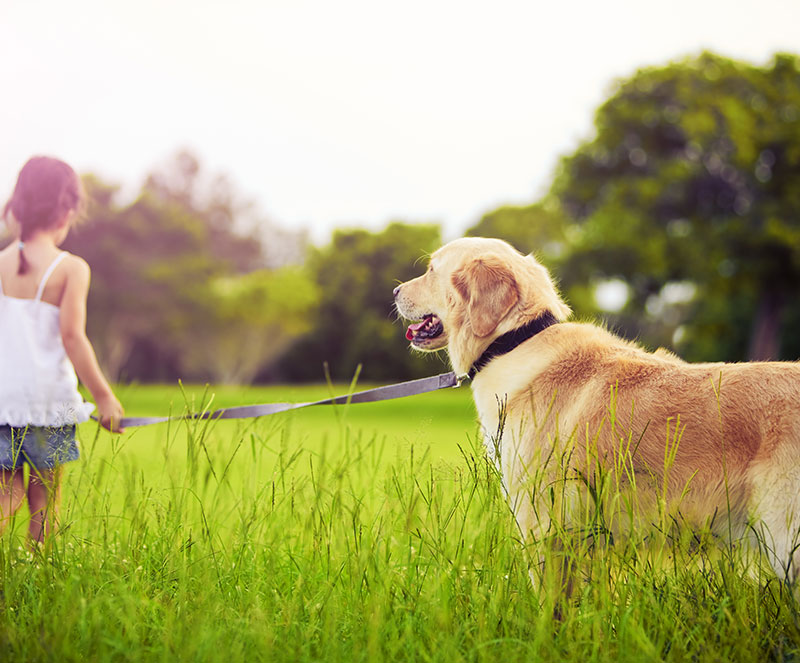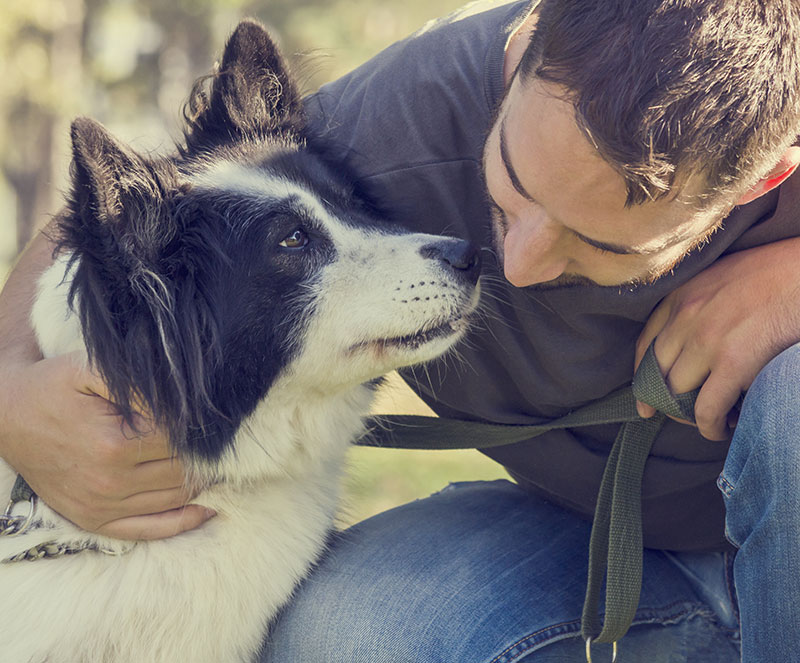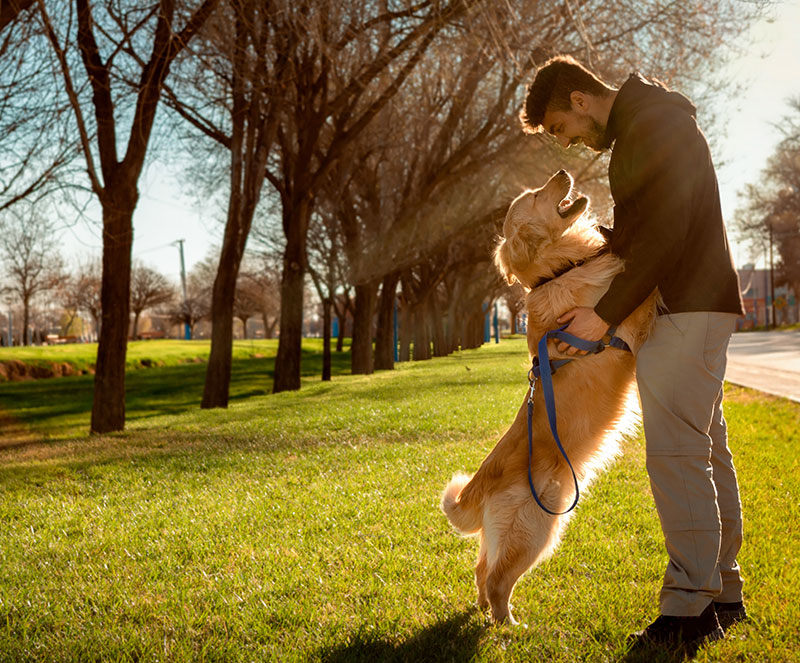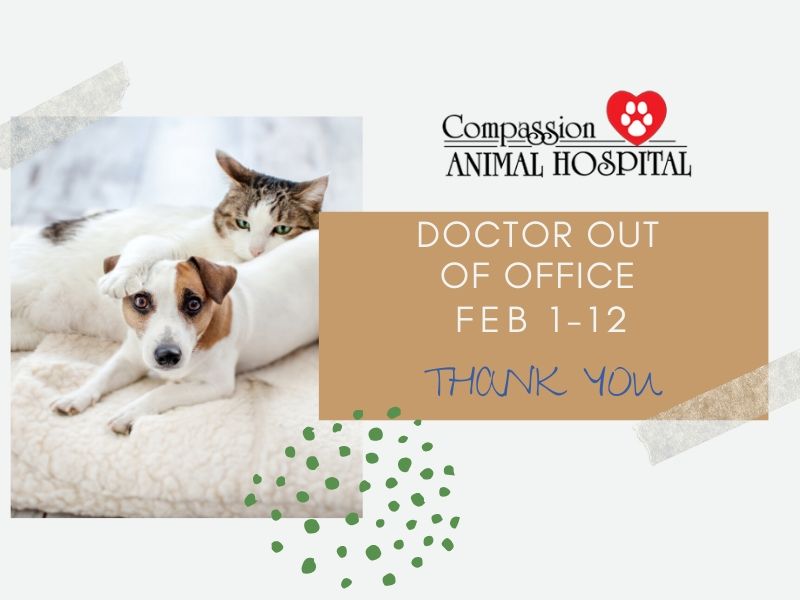How to Tell if Your Pet is Overheating
In the summer, pets can become overheated quickly which puts them at risk of suffering heat exhaustion (heatstroke). If not addressed promptly, heatstroke can cause permanent organ damage and even be fatal.
It’s important to learn the following signs of an overheated pet, take action to gently cool your pet down, and seek veterinary care right away.


Signs and Symptoms of Heatstroke in Pets
- Excessive panting and/or drooling
- Excessive thirst
- Red, swollen-looking gums and tongue
- Dizziness, disorientation, or clumsiness
- Fainting, collapse, or seizure
- Vomiting or diarrhea
- Elevated heart rate
- Elevated body temperature
How to Cool Down an Overheated Pet
If you notice any of the above-listed signs or symptoms, take immediate action to cool down your pet gradually:
- Move your pet to an air-conditioned or shady location.
- Provide cool, fresh drinking water.
- Place wet towels on your pet's stomach, forearms, and hind legs.
- Wet your pet's paw pads and ear flaps.
- Do not douse your pet with icy-cold water, as this can cause your pet to go into shock.
If you notice signs of heatstroke, contact our veterinarian right away.

Don't Let Your Pet Overheat – How to Prevent Heatstroke

The best cure for an overheated pet is to prevent it altogether. Pets can’t sweat to cool down as humans do, so it’s extremely important to take steps to prevent them from becoming too hot.
Keep your pet cool and hydrated by avoiding going outside during the hottest times.
Make sure outdoor pets have access to plenty of shade and cool, fresh drinking water.
- An outdoor pet house does not count as shade
- Fill up a kiddy pool where your pet can cool off
- Leave a wet towel or blanket indoors for your pet to rest on
- Never leave a pet inside a car – even on a relatively cool day
- The temperature will become dangerously high in just a few minutes.
Ask Our Woodland Park Veterinarian About an Emergency Plan for Your Pet
No one wants their pet to experience a medical emergency, but an emergency can happen when you least expect it. So, it’s always good to be prepared with an emergency care plan for your pet. To learn more about emergency care and make a plan for your dog or cat, we welcome you to talk with our veterinarian at Compassion Animal Hospital today.







